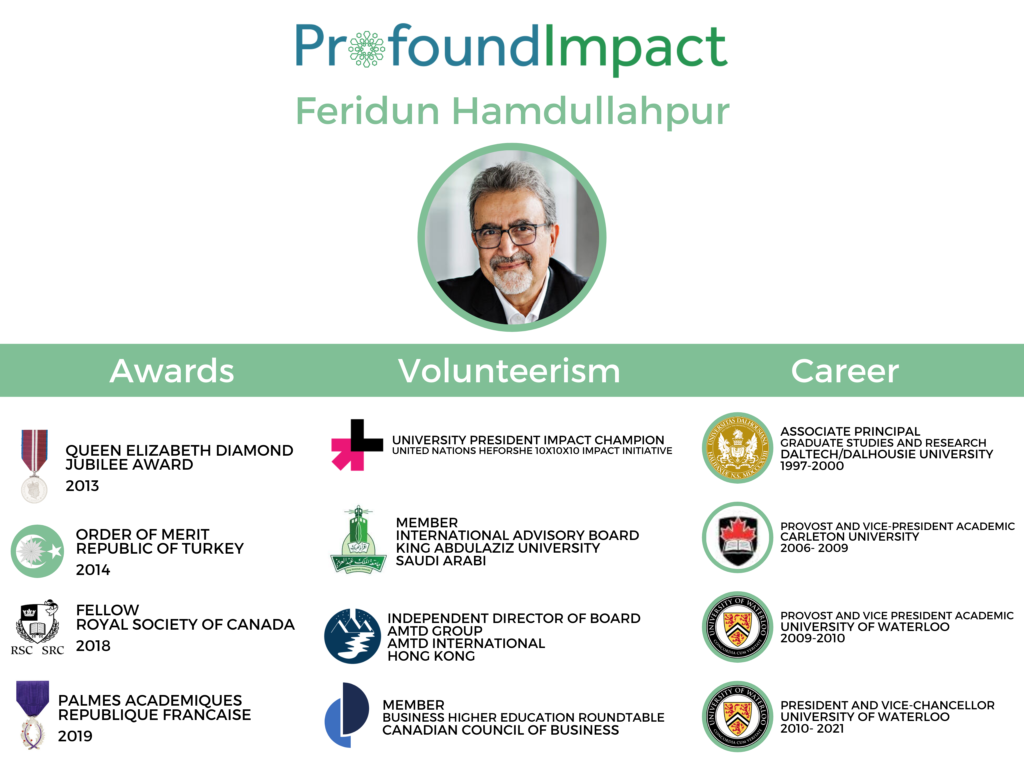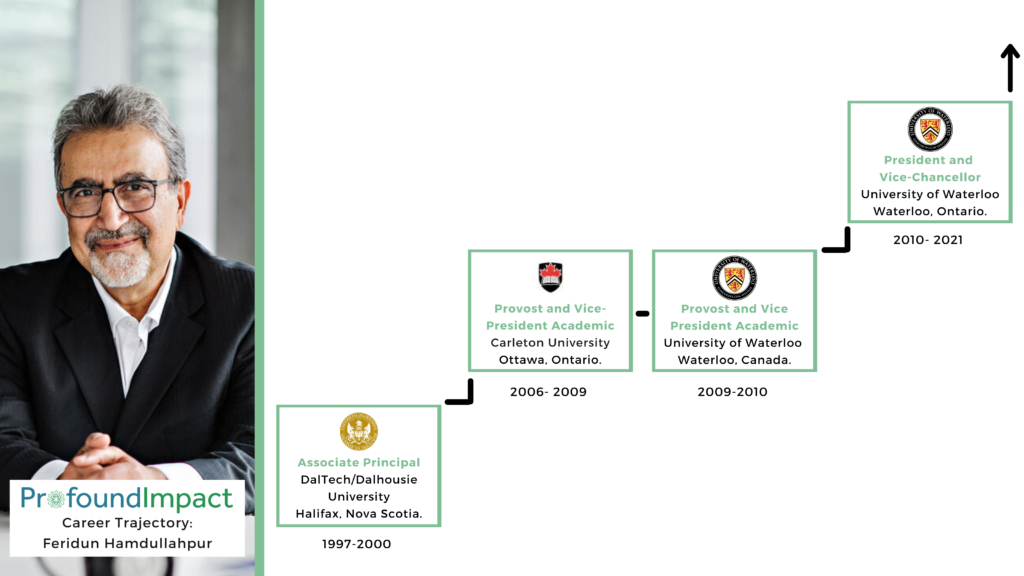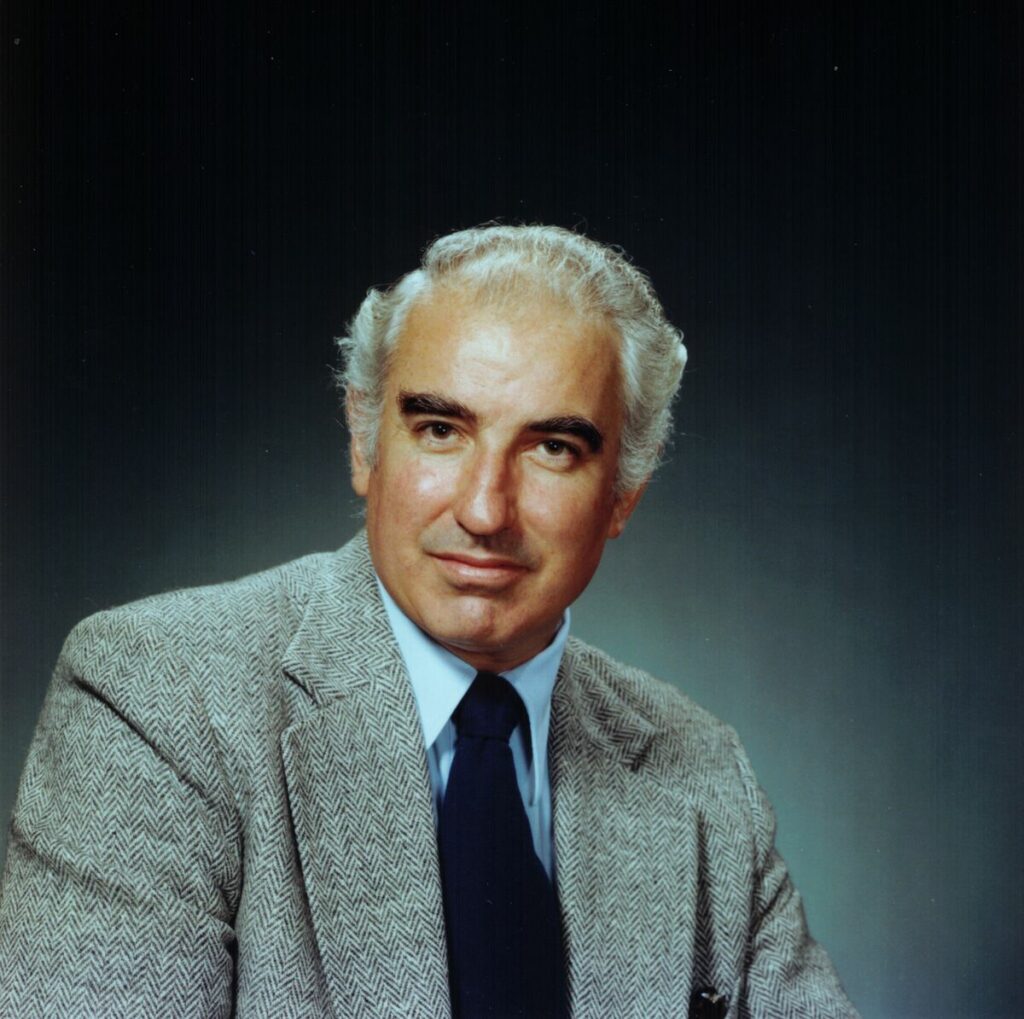Canadian Contributions to a Cashless Society
Forthlane Fridays Webinar – Canadian Contributions to a Cashless Society – October 29, 2021
Profound Impact’s Sherry Shannon-Vanstone joined panelists Alfred Menezes of the University of Waterloo and John Loeprich of 3iQ Corp to discuss Canadian contributions to a cashless society from both the macro and micro level that consumers do not often appreciate the importance of, including the technical side, energy and environmental implications.
If you missed the webinar, you can watch the recording here.
Here are the Key Takeaways from the webinar by Forthlane Partners.
The Cryptocurrency Landscape
- Regulators in Canada are playing an important role in helping Canada become a leader in transitioning to a cashless society.
- Since 3iQ Corp is the first company worldwide to receive regulatory approval for a prospectus product (the Bitcoin Fund) listed on a major stock exchange, it has made individuals a lot more comfortable. This has resulted in greater adoption in Canada.
- There has been significant portfolio adoption in the U.S., despite cryptocurrency being unregulated.
- Although cashless products are not a core-holding of any portfolios yet, we are seeing more comfort among a lot of institutional investors and hedge fund managers.
- Canada’s research and education organizations have enabled the commercialization of science. As a result, Canada has been a major contributor of information to the cryptocurrency industry.
- As a professor at Waterloo, Alfred Menezes has seen an increase in student interest in cryptography. As an example, a course Alfred teaches about cryptocurrency used to have enrollment of approximately 100 students but has now risen to over 275 students.
- The US government and MIT have partnered around digital currency. In Canada, this partnership would most likely be seen between the government and University of Waterloo.
- Waterloo has the largest research group in cryptography security. Waterloo has already launched the “Cybersecurity and Privacy Institute” with dozens of faculty members who are conducting research in this sector.
Cryptocurrency as the Reserve Currency of the World
- The early developers of Bitcoin and Ethereum comprised of a few anarchists and many strong libertarians. Overall, the founders tend to be very idealistic people. However, this idealistic perspective does not always align with the perspective of banks and nations.
- In principle, it would be wonderful if the world adopted one cryptocurrency, but in practice it is not realistic.
- On September 7, 2021, El Salvador adopted Bitcoin as a legal tender and was the first country to do so. It is not clear why and whether it will be a success. It will be interesting to see what comes of this decision over the next few months and if Canada should follow.
- Many countries are very against Bitcoin becoming the new world’s reserve currency. Since the U.S. dollar is the current world’s reserve currency, the U.S. does not want Bitcoin to replace it.
Cryptography
- Cryptography helps address big problems, including democratization of access, cost of financial services, a hedge on government, and physical mobility (during WW2, Gold was heavy and immobile, so diamonds were viewed as the “more mobile” product).
- Bitcoin and Ethereum have been wonderful experiments to explore what is envisioned, but there is a lot more to blockchain, with many applications outside of cryptocurrency.
- To push cryptography forward, more commercialization opportunities and conversations are needed.
- We need to continue to encourage research and start-ups, which encourage collaboration. The government is helping to support this as well as the private industry. Monetary investments are also important to support research.
Real World Applications of Cryptography
- Finance companies are implementing security tools, prediction markets, and smart contracts which can all be implemented very quickly.
- The Top 5 banks in Canada have not felt the need to innovate over the last several years. A simple example here is still needing to pay $40 for a wire transfer.
- De-centralized finance can put pressure on the banks to innovate. For example, this could help reduce wire transfer costs and reduce overnight wait time for wire transfers to clear. Transactions could be instant.
De-Centralizing Cryptocurrency
- In theory, de-centralization is nice, but in reality, it is quite hard to achieve.
- Bitcoin was intended to be de-centralized, but decisions are ultimately made by the miners, so are quite centralized.
There are only a handful of miners in the world, and most of these miners were all in China, until a few months ago. Over the last few months, there has been a crack-down on miners in China.









